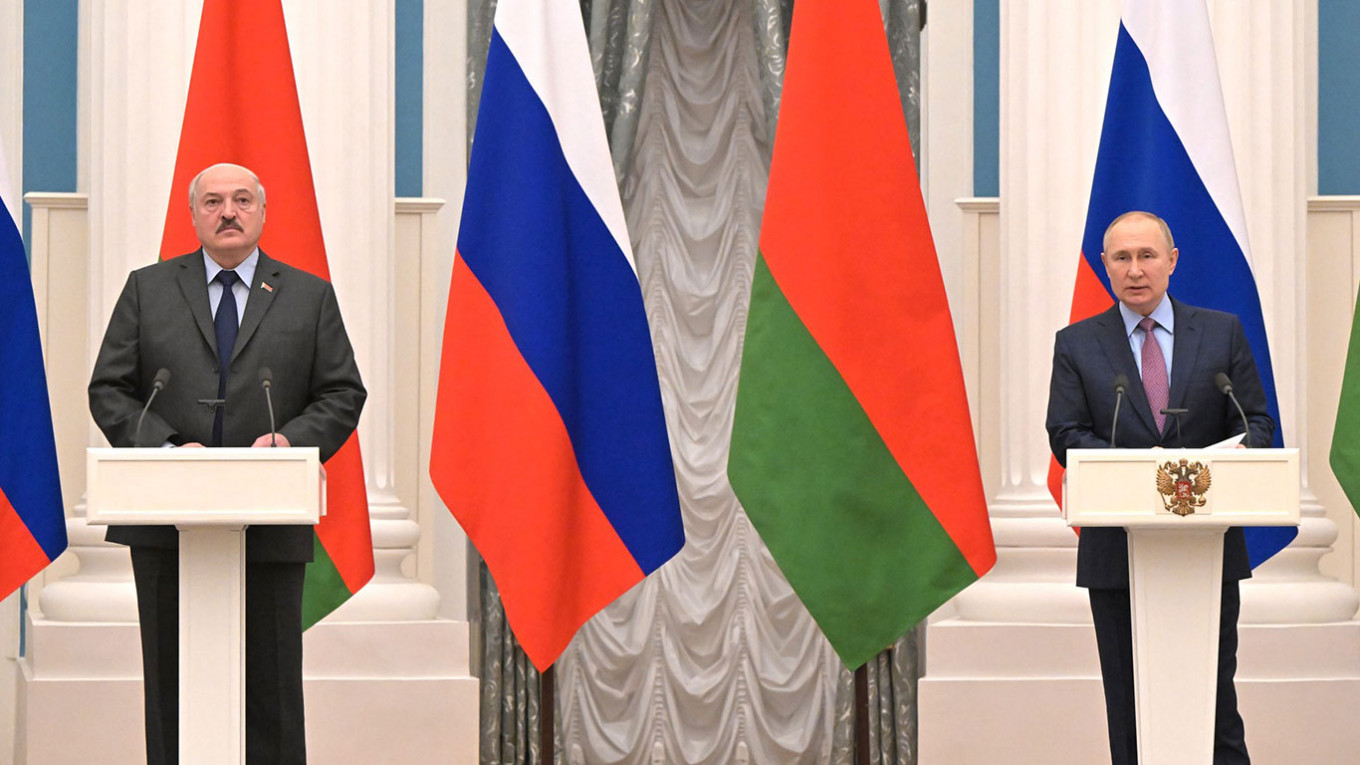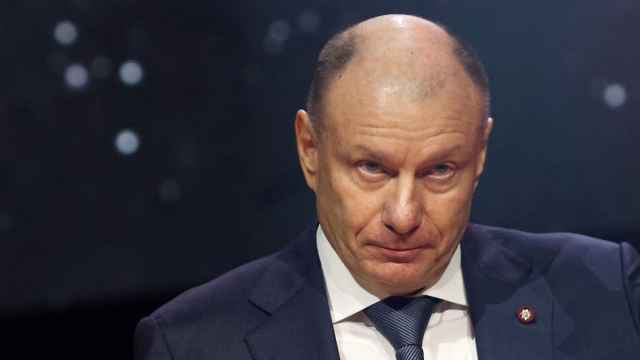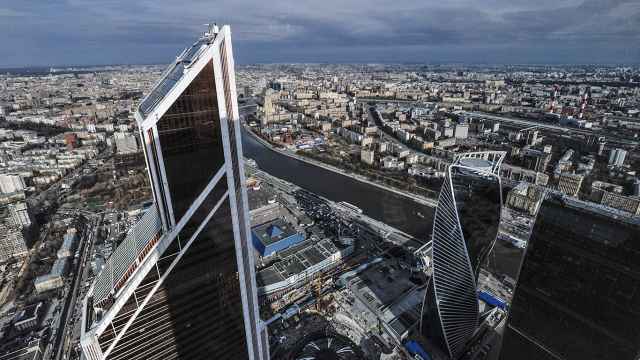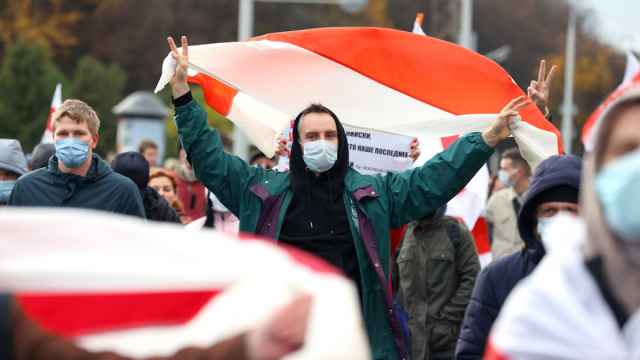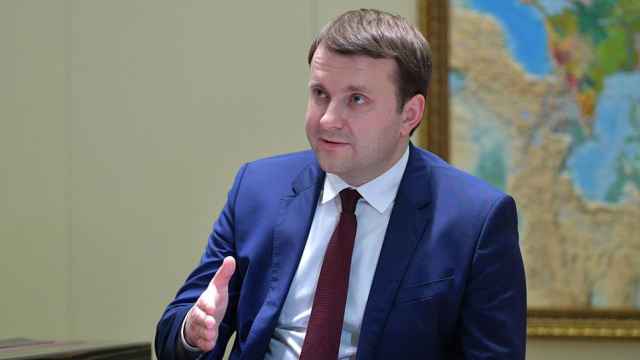Western sanctions have driven Russia and its close ally Belarus "mighty close" to default, the World Bank warned Thursday.
Sweeping sanctions imposed on the two countries over Moscow's invasion of Ukraine have left their economies in “square default territory,” the development organization's chief economist Carmen Reinhart told Reuters.
“They're not rated by the agencies as a selective default yet, but mighty close,” she said.
The far-reaching sanctions have targeted nearly every sector of the Russian economy, stifling its Central Bank, denying Russia's access to foreign exchange reserves and sending the ruble's value into near-freefall.
As a result, Russia's ability to service its $40 billion of external bonds has been called into question.
Credit ratings agencies have slashed Russia’s and Belarus’ sovereign debt ratings to junk in the wake of Moscow’s invasion of Ukraine.
It would be Russia's first major default since the years following the 1917 Bolshevik revolution. Russia also suffered a default on public and private debt during the economic collapse of in 1998.
A payment on a $117 million sovereign eurobond is due next Wednesday, and markets will be closely watching for a potential Russian default.
Russia could also repay its foreign debt in rubles, a move which experts believe would constitute a default.
Western businesses, many of which have suspended operations in Russia in the past weeks, have reassured investors that they could withstand the shockwaves felt by a Russian default.
The International Monetary Fund said it expects Russia to fall into a recession this year as a result of the Western sanctions, with many independent economists predicting a double-digit hit to GDP in 2022.
A Message from The Moscow Times:
Dear readers,
We are facing unprecedented challenges. Russia's Prosecutor General's Office has designated The Moscow Times as an "undesirable" organization, criminalizing our work and putting our staff at risk of prosecution. This follows our earlier unjust labeling as a "foreign agent."
These actions are direct attempts to silence independent journalism in Russia. The authorities claim our work "discredits the decisions of the Russian leadership." We see things differently: we strive to provide accurate, unbiased reporting on Russia.
We, the journalists of The Moscow Times, refuse to be silenced. But to continue our work, we need your help.
Your support, no matter how small, makes a world of difference. If you can, please support us monthly starting from just $2. It's quick to set up, and every contribution makes a significant impact.
By supporting The Moscow Times, you're defending open, independent journalism in the face of repression. Thank you for standing with us.
Remind me later.


